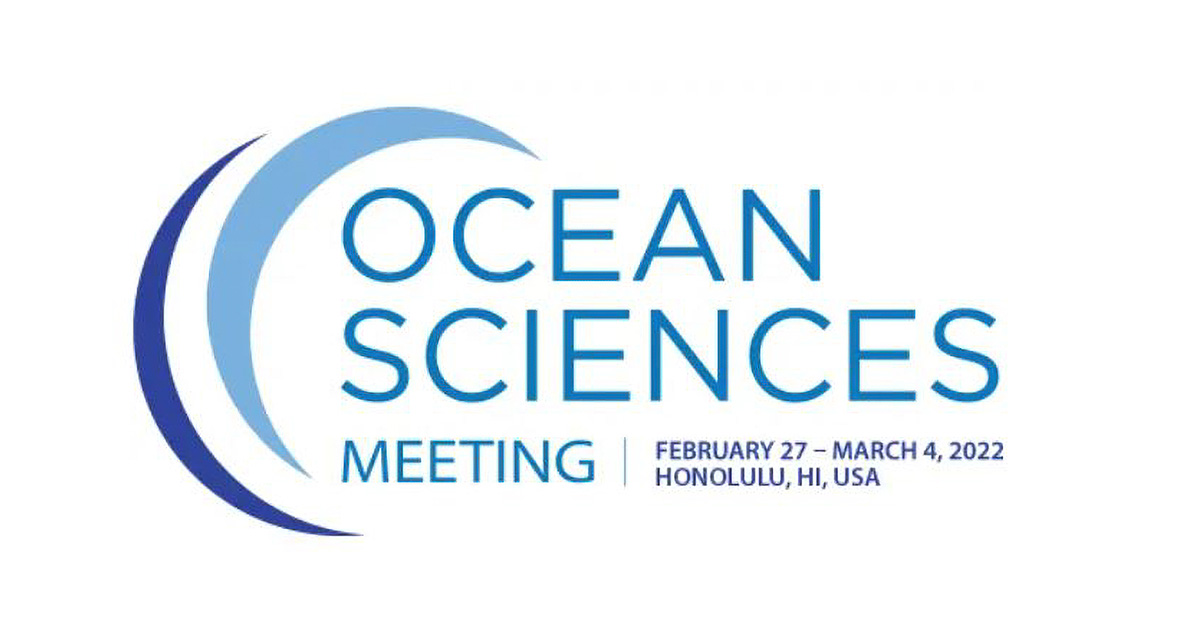Co-sponsored by the American Geophysical Union (AGU), the Association for the Sciences of Limnology and Oceanography (ASLO), and The Oceanography Society (TOS), Ocean Sciences Meeting (OSM) is the global leader in ocean sciences conferences.
Please consider submitting an abstract to the session on ‘Protecting Coastlines Using Nature-Based Solutions’ at the Ocean Sciences Meeting 2022, being held in Honolulu, Hawaii, on the 27th February – 4 March of 2022.
Find the session description below.
The abstract submission deadline is Wednesday 29 September 2021, at 11:59 pm Eastern Daylight Time.
Session ID: CP01 Protecting Coastlines Using Nature-Based Solutions
Topic Area: Coastal and Estuarine Hydrodynamics and Sediment Processes
Session Description
Storms represent the most common and costly natural hazard globally, especially in coastal, low-lying areas. Communities are increasingly looking for effective and suitable measures to mitigate coastal hazards and adapt to climate risks. Coastal ecosystems such as coral reefs, beaches, dunes, mangroves, and wetlands can provide an effective first line of defense against these flooding and erosion hazards. However, these protection services are disappearing as many of these ecosystems continue to be lost at alarming rates globally.
Although both the public and private sector acknowledge the role of ecosystems in reducing coastal risk, measures to quantify their effectiveness to reduce flooding and erosion and their suitability for local environments is still lacking, certainly compared to conventional coastal protection structures. A better understanding of the hydrodynamics, morphodynamics, and ecology across spatial and temporal scales is critical for informing and advancing new ecosystem-based solutions.
This session aims to evaluate the role of coastal ecosystems and restoration projects to mitigate coastal hazards by exploring the dynamic connections between ecosystem health and status, geophysical processes, environmental changes, and the evolution of coastlines. We encourage site-specific studies, regional investigations, modeling studies both on the storm event scale and long-term, and efforts towards multi-disciplinary and integrated approaches to understanding the current state and future of the role of natural and restored coastal ecosystems on the protection of adjacent coastlines.
Presentations that use new and experimental techniques that may improve or change the way coastal ecosystems are valued for their hazard risk reduction potential are also encouraged.
Click here for more information regarding abstract submission.
Co-conveners:
Borja Reguero, University of California at Santa Cruz
Curt Storlazzi, United States Geological Survey
Ap van Dongeren, Deltares
Ryan Lowe, University of Western Australia

